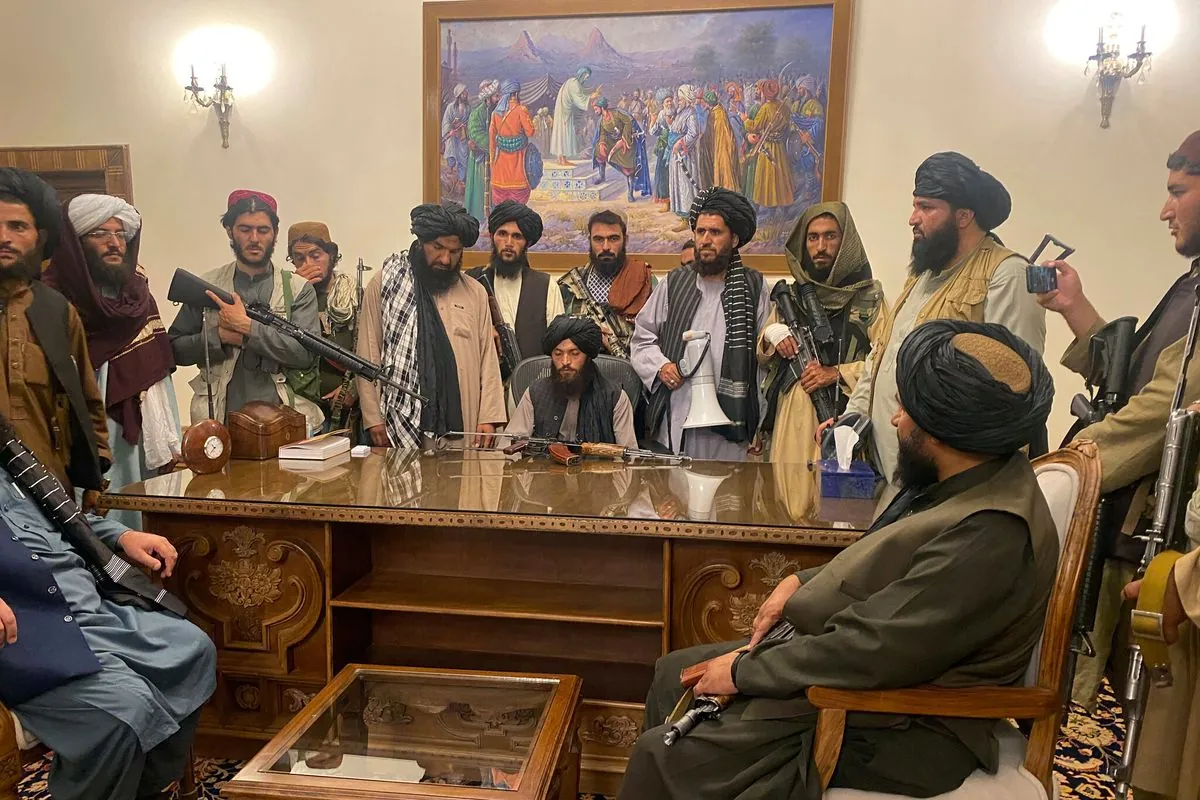Three years have passed since the Taliban regained control of Afghanistan, marking a significant milestone in the country's tumultuous history. Despite facing numerous challenges both domestically and internationally, the Islamic fundamentalist group finds itself in a relatively secure position, contrasting sharply with the dire circumstances faced by the majority of Afghanistan's 40 million citizens.
The Taliban currently face no substantial threats to their political dominance. Internal disagreements over policies, particularly the controversial ban on women's secondary education, appear to have been resolved. Armed opposition to the regime remains weak and largely inactive, with anti-Taliban factions lacking the financial and military support they once received from regional and global actors.
While the international community has not formally recognized the Taliban government, engagement with the regime continues. Senior foreign diplomats frequently meet with Taliban leaders, most recently at a United Nations-hosted summit in Doha, Qatar. Approximately a dozen countries maintain open embassies in Kabul, and Taliban representatives staff around 14 Afghan embassies abroad.
"The situation in Afghanistan remains complex and challenging, requiring continued international attention and engagement."
The humanitarian crisis in Afghanistan has reached alarming proportions. Recent data from international aid organizations paints a grim picture:
- Nearly 24 million people, over half of them children, require humanitarian assistance
- More than 12 million individuals face acute food insecurity
- Over 6 million people are displaced
- Unemployment has doubled in the past year
Economically, the Taliban face significant hurdles. Despite generating some revenue and releasing budgets, Afghanistan's economy is in crisis, with a 26% real GDP contraction over the past two years. The regime's 2022 decision to ban poppy production eliminated one of the country's few profitable industries, exacerbating economic woes.
Tensions with Pakistan, once a key supporter, have escalated due to the Taliban's refusal to curb anti-Pakistan militants operating from Afghan soil. This has led to cross-border counterterrorism operations by Pakistan and reduced diplomatic support for Taliban interests on the global stage.
Despite these challenges, the Taliban regime remains remarkably stable in a region characterized by political upheaval. As neighboring countries grapple with collapsing coalitions, mass movements for change, and contentious elections, Afghanistan under Taliban rule stands as an island of longevity in a sea of political churn.
This stability, however, comes at a great cost to the Afghan people, particularly women and minorities, who continue to face severe restrictions and human rights violations under Taliban rule.
